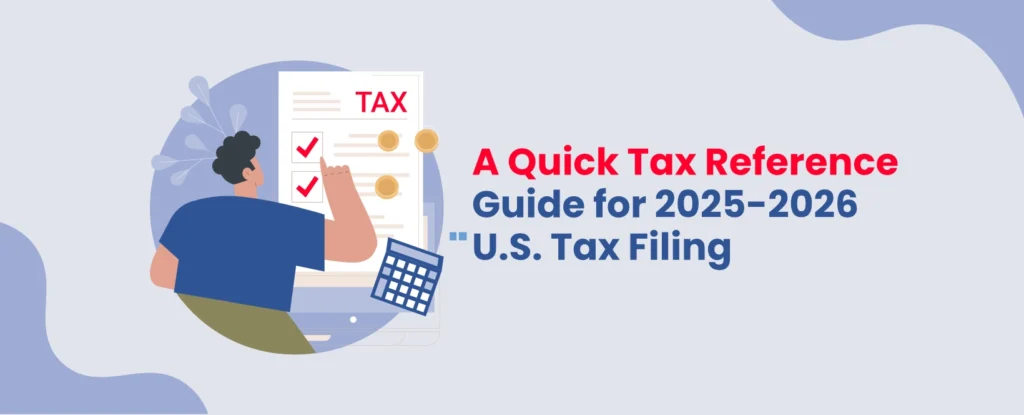Investing can be exciting, especially when you see your account balance climbing up the ladder. But does all that growth mean more money in your pocket? Not really! While your portfolio might be looking better on paper, you practically have gained nothing – until you decide to sell those assets.
These ‘theoretical profits’ that you see on paper are known as “Unrealized Capital Gains”. These gains reflect the increase in the value of your assets, but they aren’t taxable or accessible until you decide to sell. Understanding unrealized gains, how they work, and how recent discussions on the unrealized capital gains tax—including proposals by Kamala Harris—might affect is important for investors to plan their financial growth and avoid hefty surprises later.
What Are Unrealized Capital Gains?
Unrealized gains are profits “on paper” from investments that you haven’t sold yet. Let’s understand this with an example. Imagine you bought ten shares of a company for $10 each, and now the price for these shares has increased to $15 each. While the value of your investment has risen from $100 to $150, the gain is unrealized because you haven’t sold those shares yet. The profit is there, but it’s not actual cash in your bank account.
When the value of your investments goes up, and you keep holding onto them, the increase is considered an unrealized gain. These gains are not taxed until you sell the asset (realized gain). On the flip side, if the value of your investments drops, the losses that you incur also remain unrealized (unrealized losses) until you sell the asset.
When you sell your asset/ investment at a loss, the loss that you’ve incurred (realized losses) can be used to offset any realized gains for tax purposes.
GAAP Accounting for Unrealized Gains and Losses on Investments
Under Generally Accepted Accounting Principles (GAAP):
- Realized gains and losses are included in net income and appear on the income statement.
- Unrealized gains and losses are not reflected in net income but are recorded in equity accounts on the balance sheet.
- Both types of gains and losses can influence taxable income for the relevant tax year.
To ensure clarity and transparency in financial reporting, companies must separately track realized and unrealized gains and losses. This distinction helps stakeholders assess the long-term performance of a company’s investments.
How are Unrealized Gains Taxed?
Unrealized gains are not taxable under current U.S. tax law. The capital gain taxes are deferred until the investments are sold and actual profits are realized. Realized gain occurs when the asset is sold, and the profit is “realized” or actualized. This tax on Actualized gain is known as capital gains tax. The tax rate depends on how long the asset was held and the taxpayer’s income level. It can either be:
- Short-Term Capital Gain Tax: If you hold the asset for less than a year
- Long-term Capital Gain Tax: If you hold the asset for more than a year
To determine the tax implications of your capital gains, it’s important to consider how long you’ve held your assets. If you sell assets after holding them for a year or less, your gains will be classified as short-term and taxed at your regular income tax rate.
However, long-term capital gains apply to assets held for more than a year. These are taxed at different rates. The IRS sets these rates based on your income. For 2024, long-term capital gains are taxed at the following rates:
| Filing Status | 0% Tax Rate | 15% Tax Rate | 20% Tax Rate |
| Single | $0 to $47,025 | $47,026 and $518,900 | $518,901 or more |
| Married, Filing Separately | $0 to $47,025 | $47,026 – $291,850 | $291,851 or more |
| Married, Filing Jointly | $0 to $94,050 | $94,051 – $583,750 | $583,750 or more |
| Head of Household | $0 to $63,000 | $63,001 – $551,350 | $551,351 or more |
The idea of a tax on unrealized gains has become a hot topic in recent years, especially with high-profile discussions around potential policy changes. One such discussion involves Kamala Harris’s unrealized gains tax proposal, which suggested taxing wealthy individuals on their unrealized gains to increase government revenue. While Kamala Harris’s unrealized gains tax hasn’t yet been implemented, it’s a concept that could dramatically alter how taxes on investments will be approached in the future.
Why Do Unrealized Gains Matter?
For investors, understanding unrealized gains is crucial for tax planning and investment strategy. This deferred taxation allows investors to benefit from the time value of money, reinvesting potential gains and compounding their investments without immediate tax liabilities. If investments are increasing in value, but you don’t sell them, your gains remain untaxed. However, this also means that if the market takes a downturn, those gains can quickly disappear.
Investors may choose to hold onto their investments longer to avoid triggering the unrealized gains tax. This can be a smart strategy if you anticipate your investment will continue to rise in value or if you want to wait for more favorable long-term capital gains tax rates, which are often lower than short-term rates.
Tips for Managing Unrealized Gains
Follow these tips to efficiently manage your assets and minimize your unrealized gain tax:
- Hold Your Assets for the Long-Term: Holding your investments for over a year can qualify you for lower long-term capital gains tax rates.
- Diversify Your Portfolio: By spreading your investments across different asset classes, you can reduce the risk of significant loss from one stock or fund.
- Practice Tax-Loss Harvesting: If you have other investments that are currently losing value, you can sell them to offset any gains and reduce your overall tax liability. This process is called tax loss harvesting.
- Use of Tax-Deferred Accounts – Utilizing tax-deferred accounts like IRAs and 401(k)s allows investors to defer taxes on gains until withdrawals are made, often at lower tax rates during retirement.
The Risks of Holding onto Unrealized Gains
While it’s tempting to hold onto assets for further gains, it comes with its own set of risks. Market volatility can cause asset values to fluctuate, and the price of your investments could fall just as quickly as they rise. Additionally, factors like company performance, economic conditions, and industry trends can impact the value of your assets.
If you hold onto an asset for too long and its value decreases, you could miss out on the opportunity to lock in a profit. This is why it’s essential to have a well-rounded investment strategy and not rely solely on potential future gains.
Partner with Financial Advisors for Tax-Efficient Investing
Realized and unrealized gains are complex, and understanding how they impact your taxes can be even more challenging. A financial advisor can help you analyze your investments, determine the best time to sell, and suggest strategies to minimize your unrealized gain tax burden. They can also assist with long-term financial planning to ensure your portfolio grows in a tax-efficient manner.
Partner with certified CPAs at KnowVisory Global. We can help you maximize your investment potential while minimizing your tax liability. Contact us today for expert guidance on smart financial planning!


